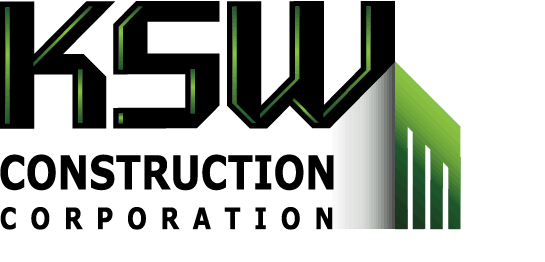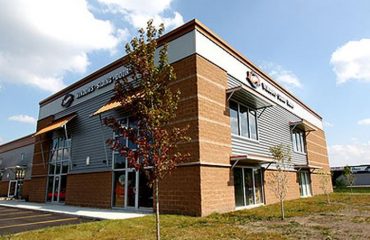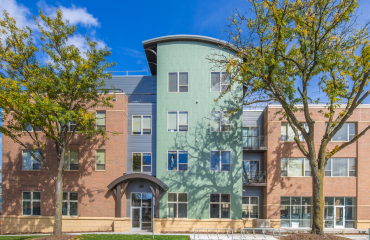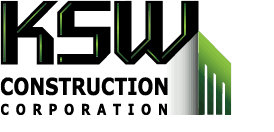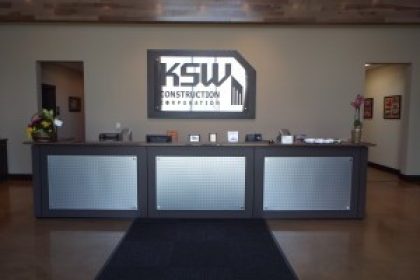
A Commercial Contractor in Wisconsin Explains The Importance Of Value Engineering To Your Project
Anyone who has been involved with a Commercial Construction project will have probably heard the term “value engineering.” The term is often tossed around when a project is running over budget and those involved are searching for ways to cut costs. Since it’s extremely unlikely the client has an unlimited budget, it’s much better to employ the concepts of value engineering from the inception of the project.
What is Value Engineering?
Value engineering is not a new concept and is not just about cutting costs. The concept of “value analysis” came into being during World War II at GE. They were struggling to produce badly needed products when faced with shortages of everything, including raw materials, skilled labor and parts of all kinds. A team of engineers, led by Larry Miles, was forced to find acceptable substitutes. While the substitutes did reduce costs, they discovered, in many instances, that the product was also improved.
Since that time, this fortuitous accident has become a systematic process. The goal of value engineering is to ensure that the client receives full value for every dollar spent on the project. Waiting until there’s a problem to focus on this concept is the wrong approach. That’s only cost cutting–looking at what can be changed or deleted from work that is yet to be done. Value engineering is properly used to reduce costs while maintaining quality and function. That’s a lofty goal and not easily achieved.
Value = Function/Cost
There are five factors that need to be considered by the owner, architect, designer, Commercial Contractor and others on a multidisciplinary team. Everyone will have ideas. A Commercial Builder, for example, should be able to identify areas where planning for ease of construction will reduce costs without compromising the finished building. This can have a big impact on the final cost of the project.
Cost – what must be spent to achieve the desired purpose;
Function – what the product must do;
Performance – how well the product will perform when compared to other possible choices;
Quality – is the best absolutely necessary for this item? For example, is marble essential for the focal wall or could the desired effect be achieved more economically?
Safety – this should never be compromised.
Balancing these five factors will result in the maximum value for the project.
The Value Engineering Process
There are normally six phases involved in the value engineering process.
Gather sufficient information to have a thorough understanding of the project.
Analyze the project, looking for areas where clarification is needed as to the desired function.
Gather a team to generate ideas for different ways to achieve the necessary function.
Evaluate the ideas and concepts, selecting those that are most likely to add value to the project.
Develop a plan, including the best alternatives for reducing costs and adding value.
Present the various alternatives to the decision-makers.
Three Ways to Achieve a Project’s Optimum Value
The real benefit of value engineering is achieved by looking at more than simply completing the project on or under budget (although any Midwest Wisconsin Builder who consistently achieves this will have glowing references).
Fully implementing the precepts of value engineering, with the approval of the owner, could include:
Remaining within the project’s budget while providing more scope to the building or project;
Reducing the budget while providing the same scope required for the building or project;
Further reducing the budget and providing a reduced scope for the building or project.
For the last decade, KSW Construction has been focused on maintaining long-term professional relationships with their clients by providing reasonable pricing, efficient service and, always, quality workmanship. Owners, Dean Slaby, and his brother, Doug Slaby, have worked daily to implement this vision. Long before the first shovelful of dirt has been turned, we hold meetings with a client, forming a partnership to ensure that we fully understand the goals of the project. We are not successful unless you are.
KSW has received numerous safety and project awards, as we work to achieve our goal of becoming the premier Commercial Contractor in Wisconsin. We’re proud of our past projects and invite you to evaluate our references.
